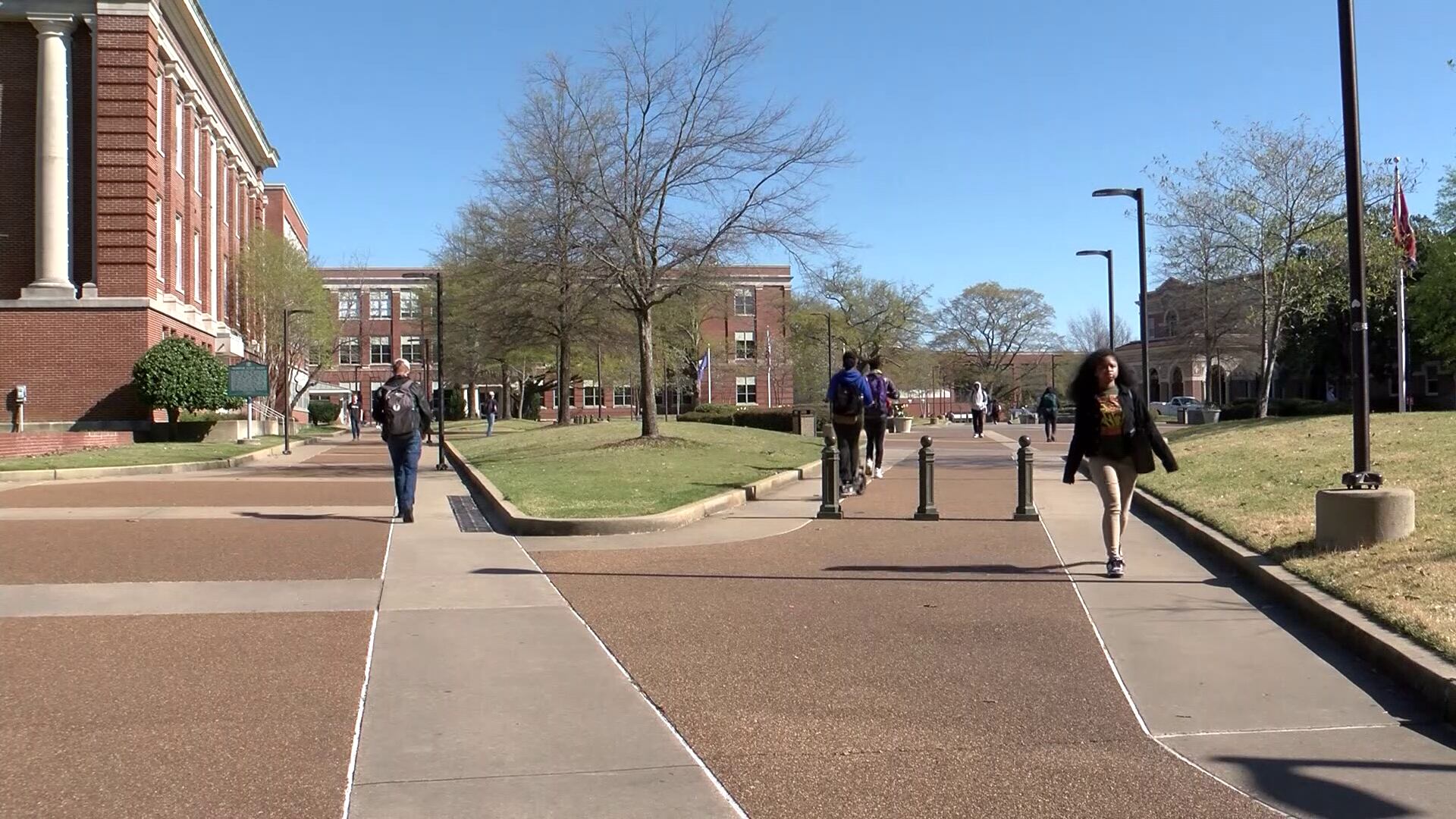Students at the University of Memphis Face Uncertain Future
Students enrolled at the University of Memphis could soon be facing a difficult decision: return to their home country or find a way to cover their tuition costs. A significant number of these students are from Ghana, and they may be forced to leave the United States if they cannot pay their fees by a specific deadline.
University of Memphis President Bill Hardgrave recently appeared on “Better Memphis,” a local news program, to address concerns about the situation. He explained that many of the affected students are sponsored by the government of Ghana, which has not yet covered their tuition expenses. According to reports from the Daily Memphian, these students have until August 9 to resolve their financial obligations or risk being required to leave the country.
Hardgrave expressed hope that the issue would be resolved soon. “I think there was a regime change in Ghana, and that affected the budget,” he said. “But we’re hopeful that gets corrected because we love to keep those students on campus.”
The Daily Memphian also reported that the Ghanaian government owes the University of Memphis approximately $3.6 million. This debt has created a financial burden for both the university and its students, who are now in a precarious position.
Impact on Students and the University
The situation has raised concerns among faculty, staff, and students at the University of Memphis. Many are worried about the potential loss of international students, who contribute to the diversity and global perspective of the campus community. The university has been working to support these students while also seeking solutions to the financial challenges they face.
In response to the crisis, the university has encouraged individuals and organizations to contribute to the Gary Shorb International Student Support Fund. This fund is designed to assist students who are struggling to pay their tuition and may be at risk of being unable to continue their education.
The university’s leadership has emphasized the importance of finding a long-term solution to prevent similar situations from arising in the future. They are reaching out to various stakeholders, including government officials and private donors, to explore ways to secure funding and ensure that all students can remain on campus.
Calls for Action and Support
As the deadline approaches, the University of Memphis is urging anyone who can help to consider making a donation to the Gary Shorb International Student Support Fund. This initiative aims to provide immediate relief to students who are facing financial hardship due to the delayed payments from the Ghanaian government.
In addition to financial support, the university is also advocating for greater communication and collaboration between institutions and foreign governments. By strengthening these relationships, universities can better anticipate and respond to potential disruptions in student funding.
For those interested in learning more about the Gary Shorb International Student Support Fund or how to contribute, they can visit the university’s website or contact the financial aid office for more information.
Looking Ahead
While the current situation remains uncertain, the University of Memphis is committed to supporting its students and finding a resolution that allows them to continue their education. The university is also using this opportunity to reflect on how it can improve its processes for handling international student funding and reduce the risk of similar issues in the future.
As the August 9 deadline approaches, the focus will be on ensuring that no student is left without options. Whether through donations, policy changes, or diplomatic efforts, the goal is to create a stable environment where all students can thrive.







